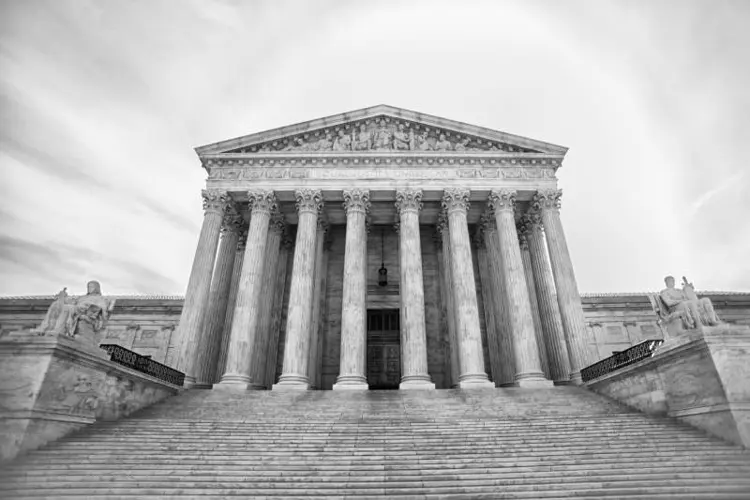A group of vaping industry stakeholders have sued the state of Wisconsin seeking to block enforcement of a PMTA registry law that took effect July 1. Enforcement of the law is scheduled to begin Sept. 1.
The lawsuit was filed June 30 in the U.S. District Court for Western Wisconsin by attorney Eric Heyer on behalf of a coalition called Wisconsinites for Alternatives to Smoking and Tobacco, along with several individual businesses and people.
A motion for preliminary injunction was filed July 7, and a hearing date of July 30 has been set to consider the motion, according to Heyer.
The same legal basis as the Iowa registry lawsuit
The lawsuit alleges the Wisconsin registry law violates the supremacy clause of the Constitution by preventing the federal government from enforcing the Food Drug and Cosmetic Act as it sees fit. The suit also challenges the law based on the equal protection clause of the Fourteenth Amendment, because the registry law treats manufacturers using different kinds of nicotine unequally without a rational basis for the differential treatment.
Attorney Heyer—from Washington D.C. law firm Thompson Hine LLC—has also represented similar efforts in North Carolina (on behalf of the Vapor Technology Association) and Iowa (on behalf of a group of industry plaintiffs).
A federal judge in North Carolina denied the plaintiff's motion for a temporary injunction in late June. But in the Iowa lawsuit, a federal judgeissued an injunction in May blocking that state’s registry law while the lawsuit proceeds. Chief Judge Stephanie Rose of the U.S. District Court for the Southern District of Iowa agreed with the vaping industry plaintiffs’ supremacy clause argument.
A typical PMTA registry, brought to you by Big Tobacco
Thebill that included Wisconsin’s PMTA registry law passed both houses of the legislature in November 2023, and was signed into law by the governor a week later. Before passing it got little attention, because the registry language was quietly inserted into an unrelated bill late in the legislative process. Most vaping advocates weren’t aware of it until it passed.
As is the case with almost all state bills that create mandated product registries, the Wisconsin bill was promoted to lawmakers by Big Tobacco lobbyists.
The law is typical: manufacturers must certify under penalty of perjury that the products they sell in Wisconsin were on the market as of Aug. 8, 2016; that a premarket tobacco application (PMTA) was submitted to the FDA by Sept. 9, 2020; and that each product sold has been either authorized by the FDA or remains under review. An annual fee of $500 must be paid for each product submitted for inclusion in the registry.
The 2016 manufacturing cutoff date for eligible products by default outlaws synthetic nicotine products still under FDA review—the source of the lawsuit’s equal protection clause challenge.
The state Department of Revenue maintains the registry (in this case called a directory). Any retailer caught selling products not listed in the registry will be (after Sept. 1) subject to a $1,000-a-day fine compounded as long as the product is available for sale.
The Freemax REXA PRO and REXA SMART are highly advanced pod vapes, offering seemingly endless features, beautiful touchscreens, and new DUOMAX pods.
The OXVA XLIM Pro 2 DNA is powered by a custom-made Evolv DNA chipset, offering a Replay function and dry hit protection. Read our review to find out more.
The SKE Bar is a 2 mL replaceable pod vape with a 500 mAh battery, a 1.2-ohm mesh coil, and 35 flavors to choose from in 2% nicotine.
Because of declining cigarette sales, state governments in the U.S. and countries around the world are looking to vapor products as a new source of tax revenue.
The legal age to buy e-cigarettes and other vaping products varies around the world. The United States recently changed the legal minimum sales age to 21.
A list of vaping product flavor bans and online sales bans in the United States, and sales and possession bans in other countries.

















